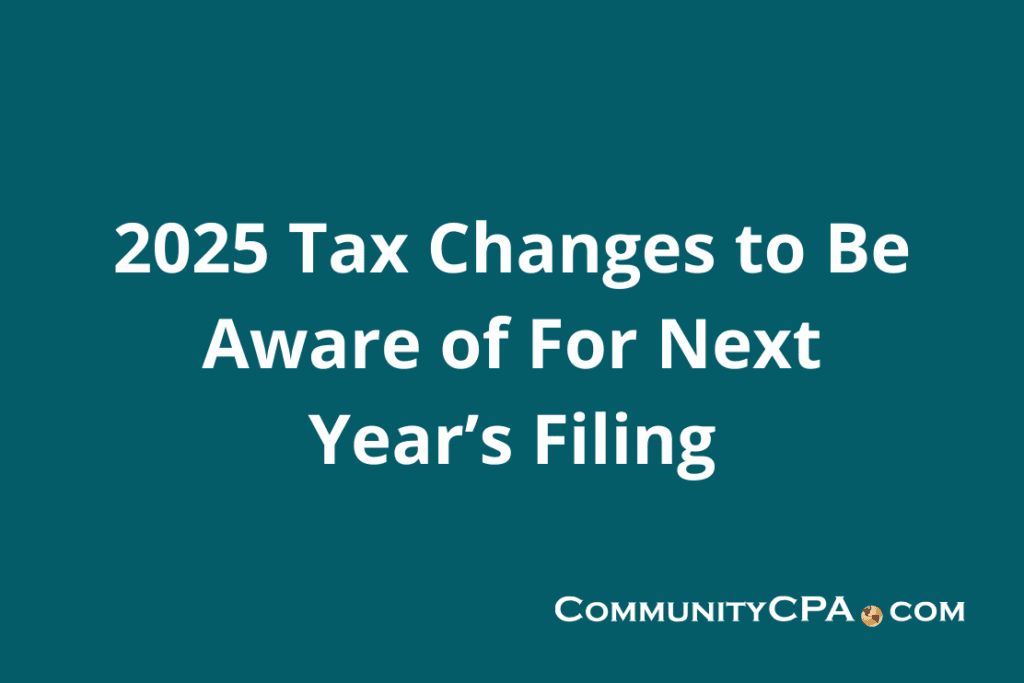Navigating possible 2025 business tax updates
With ongoing updates from Washington, proposed 2025 tax changes are likely to impact deductions, credits, and filing requirements for businesses. Here’s a breakdown of how the proposed changes could influence your corporate financial planning.
By staying informed, you can position your business to maximize benefits and avoid complications during next year’s filing season. (Need help taking care of your business taxes? Our CPA firm is here for you!)
Corporate Tax Rate Adjustments
Under the current Tax Cuts and Jobs Act (TCJA), the federal corporate tax rate for C-Corporations remains at 21%. President Trump’s proposal would reduce this rate to 15% for corporations engaged in domestic goods or service production. This presents a valuable opportunity to evaluate your business structure and optimize tax liability. Our tax professionals can guide you in determining whether restructuring your business could bring financial benefits.
Interest Expense Tax Deductibility Simplification
For larger businesses with average gross receipts exceeding $30 million over the last three years, Section 163(J) limits apply to interest expense deductions. Previously, the deductible cap was 30% of EBITDA (Earnings Before Interest, Taxes, Depreciation, and Amortization). Changes in 2022 switched the calculation to EBIT by removing depreciation and amortization from the formula.
The proposed reversal will reinstate depreciation and amortization deductions, retroactively effective for tax years beginning in 2022. This could significantly reduce taxable income for qualifying businesses.
Tax Bonus Depreciation
The phase-out of the current 100% bonus depreciation rate (reduced by 20% annually) is already underway. The rates scheduled for bonus depreciation are:
- 2024: 60%
- 2025: 40%
However, President Trump has promised to reinstate the 100% bonus depreciation retroactive to 2023, creating growth incentives for capital investments. Here’s what that might look like:
- 2023: An additional 20% retroactive deduction
- 2024: An additional 40% retroactive deduction
- 2025: An additional 60% retroactive deduction
Regardless of the legal outcomes, our tax specialists can combine the current depreciation allowances with Section 179 benefits to ensure your business receives the maximum eligible deductions.
R&D Tax Deductibility
Current tax legislation requires R&D (Research & Development) expenses to be capitalized and amortized over five years rather than deducted in full during the year incurred. This reduces the immediate tax savings from R&D investments to 20% per year.
Potential policy changes propose reverting to 100% R&D expense deductions within the year incurred and allowing retroactive claims for tax years after 2022. If this change becomes law, expect significant savings for innovation-focused businesses.
Stay ahead of these developments to protect your tax efficiency and seize opportunities. Learn more about these and other proposed tax changes for 2025 on our YouTube channel!
If you have any questions or are looking for professional tax accounting and filing, contact us online today.

